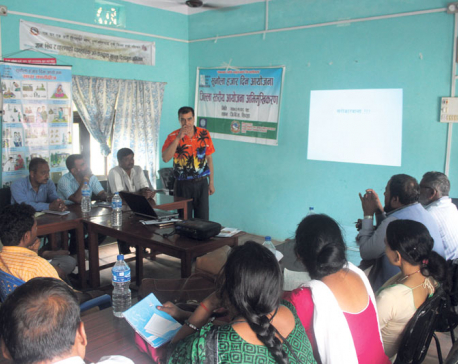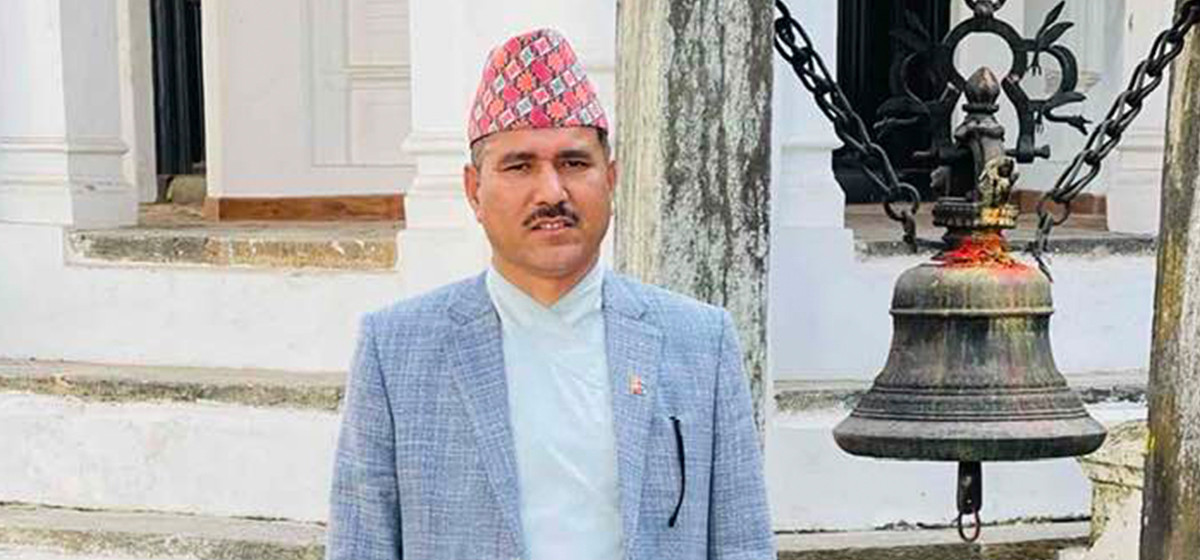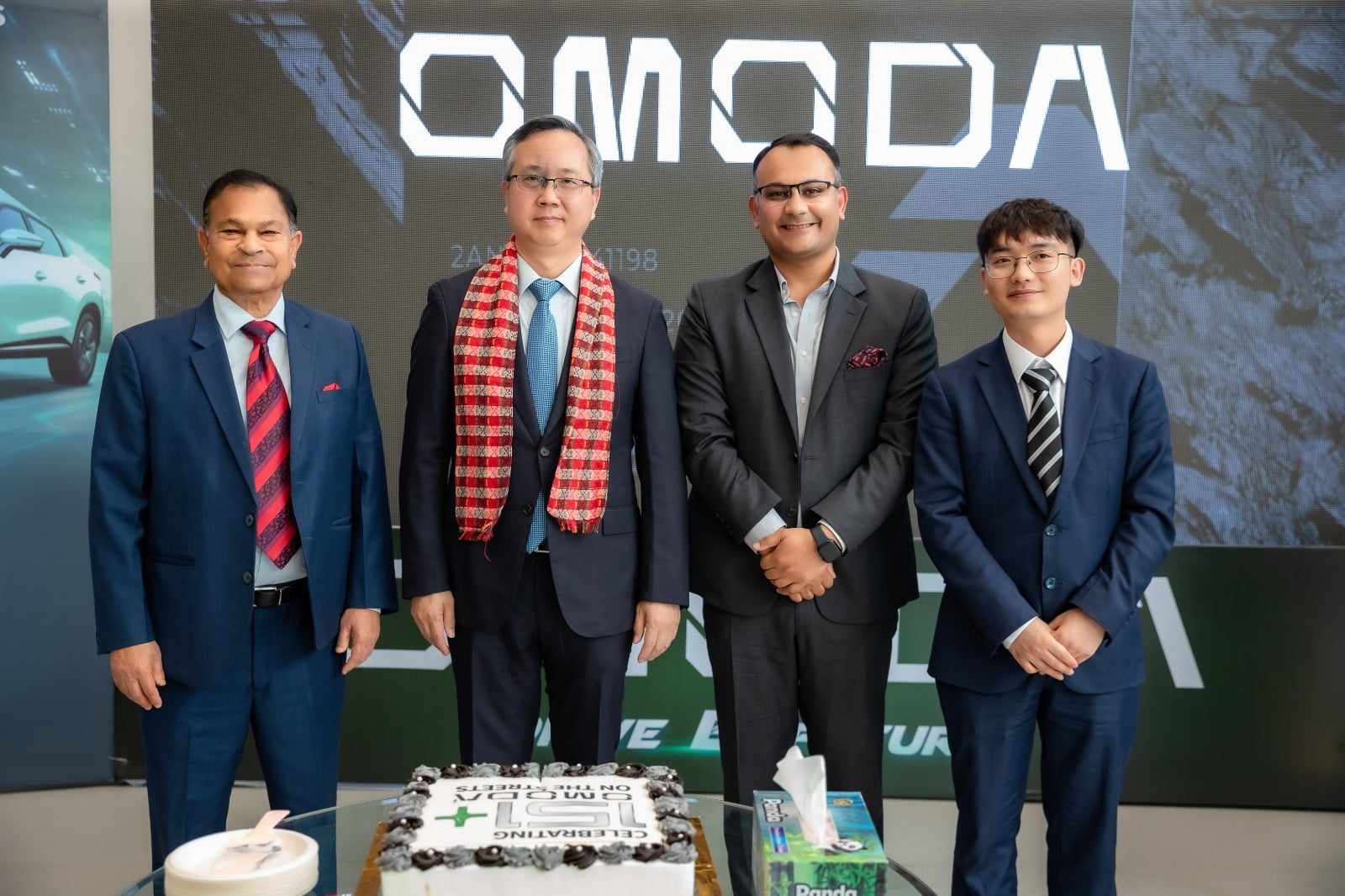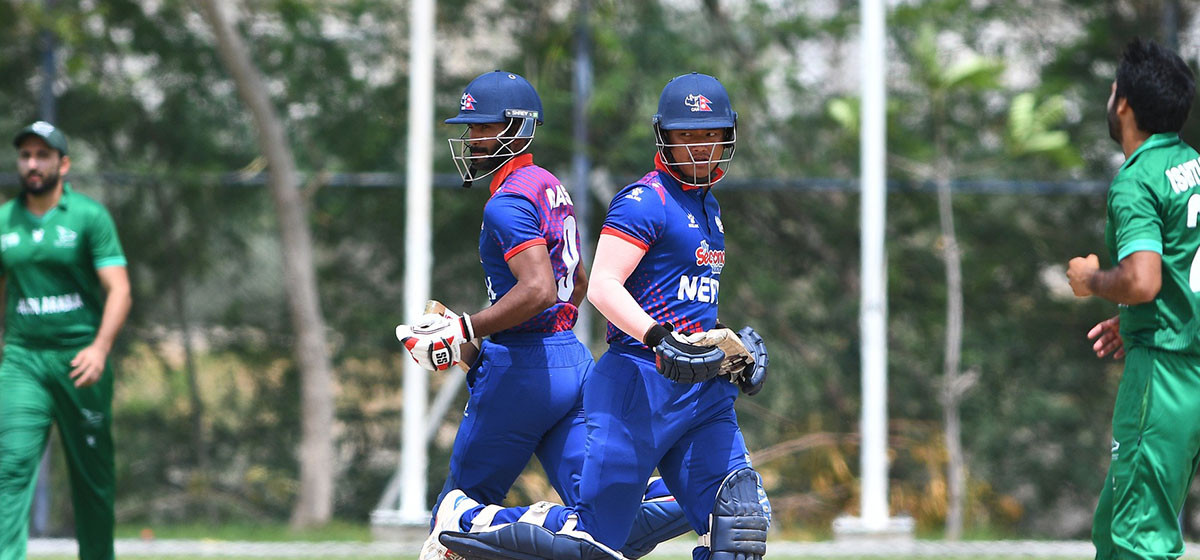
OR
RPP, RPP-Nepal merger
Splits and mergers are common features of political parties in the developing world. Nepal is no exception. In the past couple of decades we have seen splits in Nepali Congress, CPN-UML, the mother Maoist Party that fought the war and the original Madheshi Janadhikar Forum. (The breakaway factions of Congress and UML later united with their mother parties.) Another perennially unstable political party in Nepal is the Rastriya Prajatantra Party (RPP), the right-wing outfit comprised of former ‘Panchas’ that emerged after the 1990 movement for democracy. The functionaries of former monarchs now wanted to be a part of the democratic process and assembled under the RPP banner.
Party members were united in their support for constitutional monarchy and the desire to see the monarch continue to play a big role in the new democratic dispensation. But when the main political parties decided to abolish the institution of monarchy in 2006, RPP faced an existential crisis. Do they go with the flow and support the new dispensation which vested sovereignty on the common people? Or do they make a case for retaining monarchy as a ‘stabilizing agent’ in Nepali politics?
It was this central dilemma that resulted in the RPP’s split in October, 2006 when Kamal Thapa decided to walk away from the party that had decided that it could no longer carry the yoke of monarchy. Thapa established his new party, RPP-Nepal, on the twin platform of restoring monarchy and reestablishing the Hindu state. Thapa’s gamble was vindicated when his new party emerged with 24 seats in the second Constituent Assembly elections in 2013, while the mother party had to settle for just 13 seats. It was clear that a significant minority of voters was unhappy with the post-2006 political changes and was again hankering for the predictability and stability that came with the monarchy. Now, as amendments to the new constitution are being discussed, the two RPP parties have announced their merger. The combined outfit says it will be a part of the government, which means that the ruling Maoist-Congress coalition is now in a position to amend the constitution without the support of UML, the main opposition party. Although the new party says it will champion the agenda of Hindu state, the timing of the merger has sparked many speculations, including possible involvement of foreign hands.
Whatever the case, we take the merger of the two RPPs as a positive development in Nepali politics. We are hopeful that it will help make Nepali politics more stable. Moreover, it is only right that politicians of similar persuasions work together to better push their common agenda. The dispiriting trend of political parties in Nepal splitting just because some of its senior leaders wanted lucrative cabinet posts, or because they stood to make monetary gains, has been inimical for the health of our nascent democracy. The united RPP, we hope, is not undone by similar temptations. This however does not mean we endorse their agenda. In fact, we firmly believe that secularism is an indelible component of any progressive state. Nor do we think declaring Nepal a Hindu state will make a big difference to the way the Hindu religion is practiced in Nepal. What it will instead do is needlessly alienate other religious minorities. It is also hard to see how reinstating the hereditary Hindu monarch will help bring together people of diverse faiths and cultures and regions, the multi-color kaleidoscope of modern-day Nepal. But we will let the sovereign people decide for themselves what they want. It is with this belief in the built-in corrective power of the democratic system that we would like to wish the new RPP party the very best of luck.
You May Like This

Benefit of doubt
For a man with a perceived reputation for being “overly pro-Indian”--as painted by a section of Kathmandu’s scribing community--until he... Read More...

Experts doubt monuments to be rebuilt can withstand quakes
KATHMANDU, Sept 7: As the Department of Archaeology (DoA) begins the reconstruction of some historical monuments in Kathmandu Valley, doubts have... Read More...

Target groups benefit little from WB-funded Golden Thousand Days
LAHAN, July 4: Two months ago, Sobha Singh of Harkatti VDC in Siraha district gave birth to her first baby.... Read More...





Just In
- Cosmic Electrical completes 220 kV transmission line project
- Morang DAO imposes ban on rallies, gatherings and demonstrations
- Gold smuggling case: INTERPOL issues diffusion notice against accused fugitive Jiban Chalaune
- Raya appointed as Auditor General
- 9 are facing charges in what police in Canada say is the biggest gold theft in the country’s history
- Gold price falls by Rs 600 per tola
- Dr Anjan Shakya nominated as National Assembly member
- Special session of Koshi Province Assembly begins














Leave A Comment